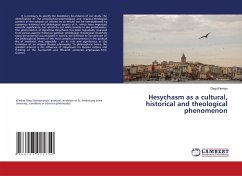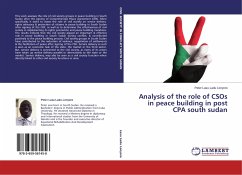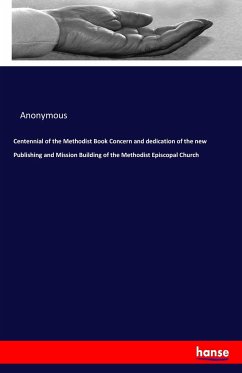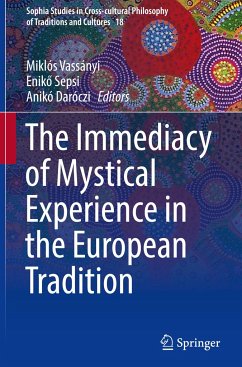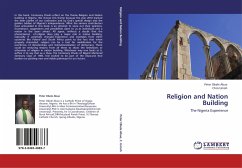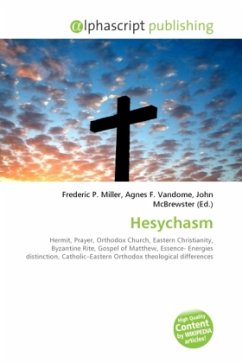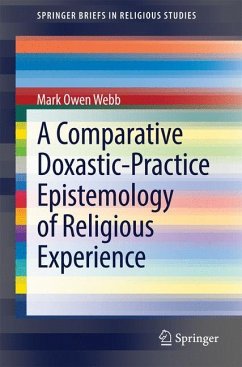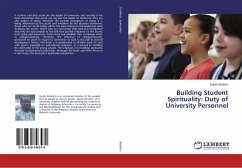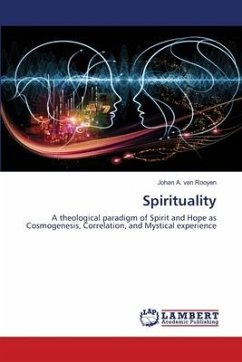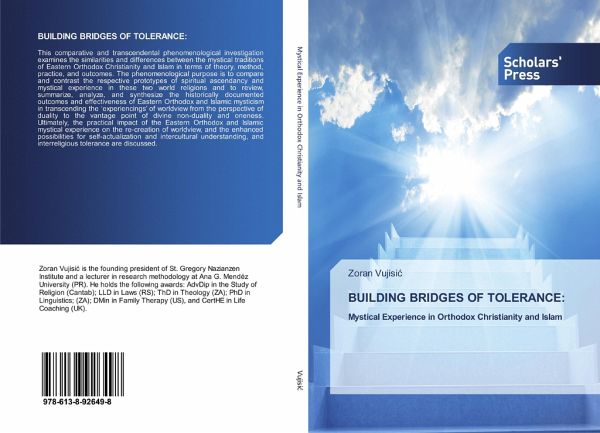
BUILDING BRIDGES OF TOLERANCE:
Mystical Experience in Orthodox Christianity and Islam
Versandkostenfrei!
Versandfertig in 6-10 Tagen
45,99 €
inkl. MwSt.

PAYBACK Punkte
23 °P sammeln!
This comparative and transcendental phenomenological investigation examines the similarities and differences between the mystical traditions of Eastern Orthodox Christianity and Islam in terms of theory, method, practice, and outcomes. The phenomenological purpose is to compare and contrast the respective prototypes of spiritual ascendancy and mystical experience in these two world religions and to review, summarize, analyze, and synthesize the historically documented outcomes and effectiveness of Eastern Orthodox and Islamic mysticism in transcending the 'experiencings' of worldview from the ...
This comparative and transcendental phenomenological investigation examines the similarities and differences between the mystical traditions of Eastern Orthodox Christianity and Islam in terms of theory, method, practice, and outcomes. The phenomenological purpose is to compare and contrast the respective prototypes of spiritual ascendancy and mystical experience in these two world religions and to review, summarize, analyze, and synthesize the historically documented outcomes and effectiveness of Eastern Orthodox and Islamic mysticism in transcending the 'experiencings' of worldview from the perspective of duality to the vantage point of divine non-duality and oneness. Ultimately, the practical impact of the Eastern Orthodox and Islamic mystical experience on the re-creation of worldview, and the enhanced possibilities for self-actualization and intercultural understanding, and interreligious tolerance are discussed.



